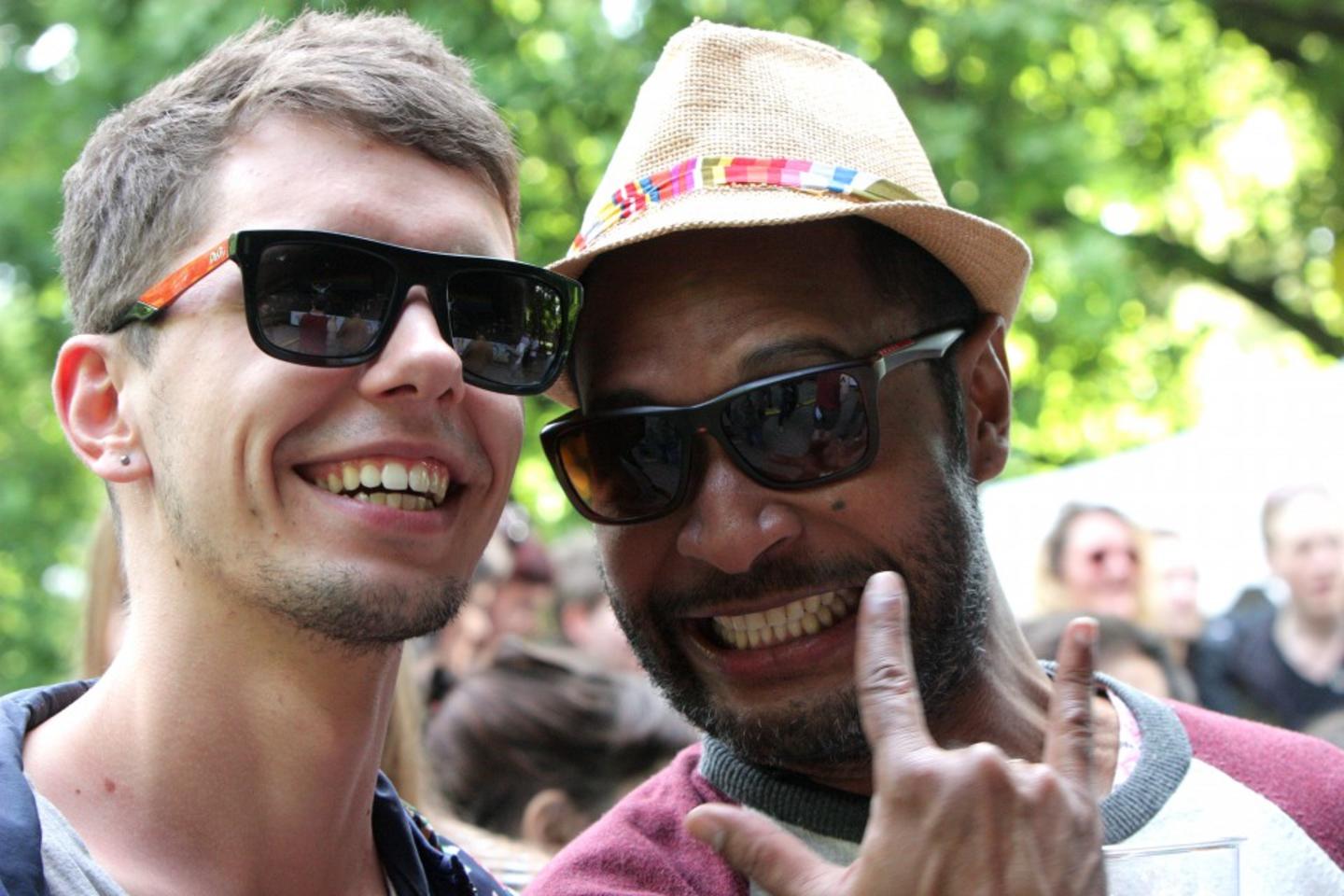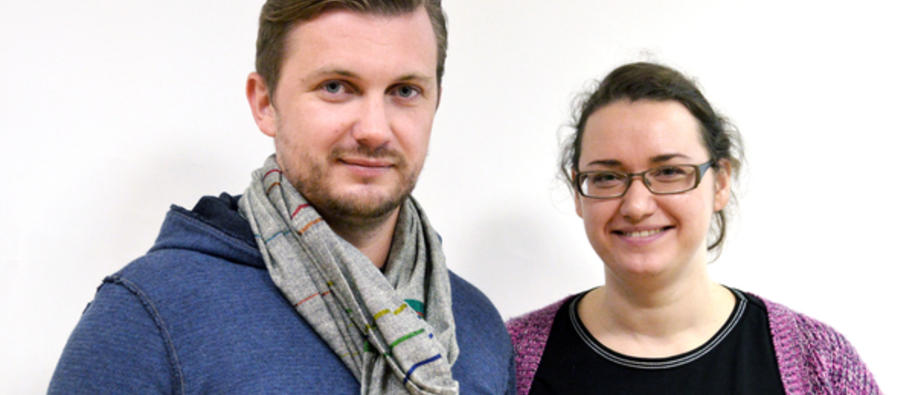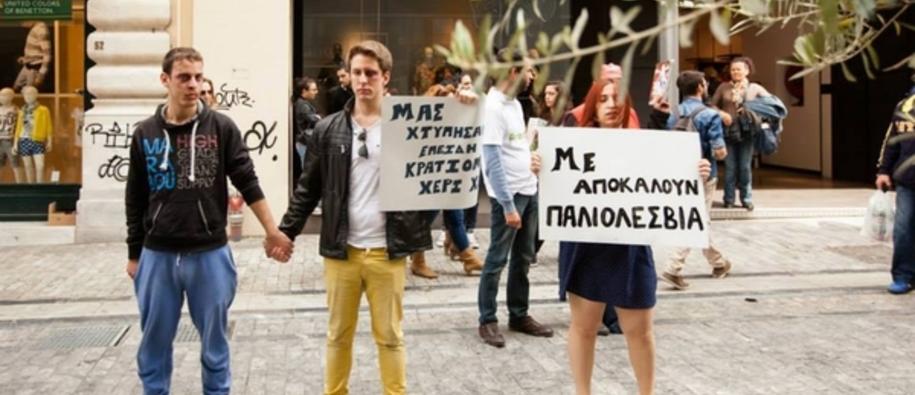Despite progress, many LGBTI persons are still denied their rights and equal treatment. They are discriminated against at work, in schools, in hospitals and in their own families. On the streets they run the risk of being beaten, assaulted and sometimes even killed, according to investigative reports from the Fundamental Rights Agency (FRA).
Iceland, Liechtenstein and Norway are working together with FRA, the Council of Europe and our partner countries under the EEA and Norway Grants to recognise the problems and take action.
In addition to the many projects working on promoting human rights on a general level, 69 projects directly support LGBTI activities. Of these, 30% aim to strengthen education and awareness raising, 20% counter violence and hate-crime and 15% support healthcare initiatives. Other supported areas include advocacy and research, as well as watchdog activities and monitoring. Below are a few examples of the work achieved through the Grants.
Making the impossible happen
“Without the funding we would not have these premises, or heating, or be able to pay for the phone. We would neither be able to test people, have support groups, nor arrange the first Euro Pride in the Baltics.” says Kaspars Zālītis, the leader of the Latvian LLH Association Mozaika.
The organisation has received core budget support through the EEA Grants. The funding has allowed them to provide essential services to LGBTI in Latvia.
Read more about the important work they do increasing healthcare access for LGBTI in Riga.
Equal rights for an equal life
The lack of legal recognition of the identity of transsexual people creates social inequality. Transsexual people, precisely because they are not legally recognised as women and men, can encounter serious barriers preventing them from fully participating in multiple spheres of daily life. This includes not being able to get a job, enroll in school, open a bank account or even vote.
In 2011, Portugal approved a legislation which was considered to be the first law of legal gender recognition that fully meets the principles of human rights. An EEA Grants project has set out to assess the implementation, enforcement and impact of the law. The project also aims to address the possibility of transferring it to other European contexts, such as in Norway.
Fighting everyday discrimination
“Hate crime victims don’t talk easily about their experience because they are afraid that nothing will change and no officer will treat them with respect. The project showed them that social change can be made and that special support services are available” says Thanasis Theofilopoulos, ’Tell Us!’ Project Manager.
Greece has no official data on hate crimes and discrimination against LGBTI. The ‘Tell Us!’ project has brought attention to the issue by documenting incidents of violence and discrimination, and helping victims seek their rights. In total, 98 incidents have been recorded – this is the largest number of such incidents to be systematically recorded in Greece. In addition to documenting the incidents, the team provided 123 victims with free legal and psychological support.
Read our brochure ‘Working together for an inclusive Europe’ to find out more about the support to LGBTI.


